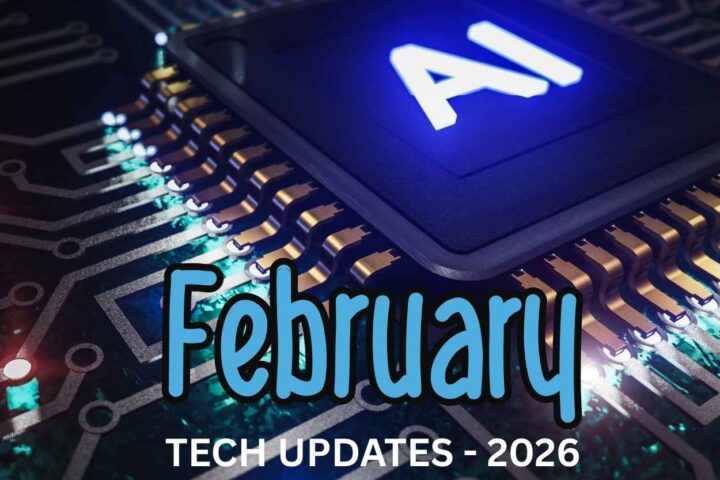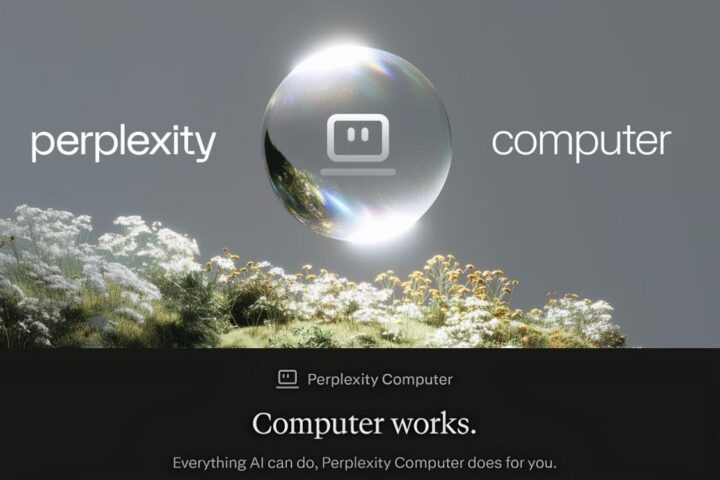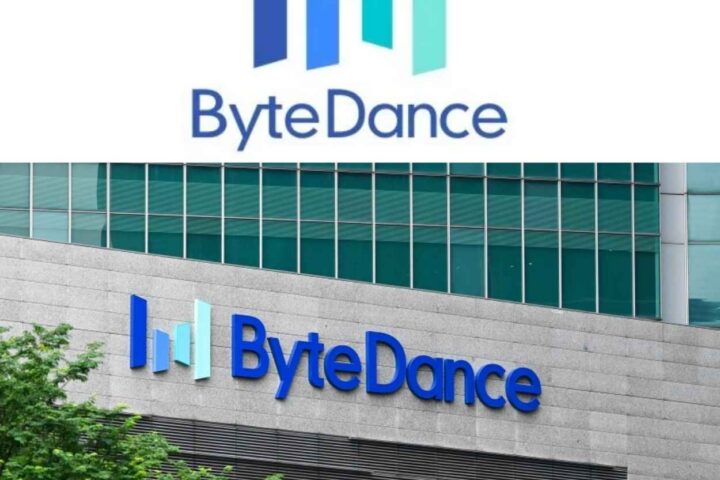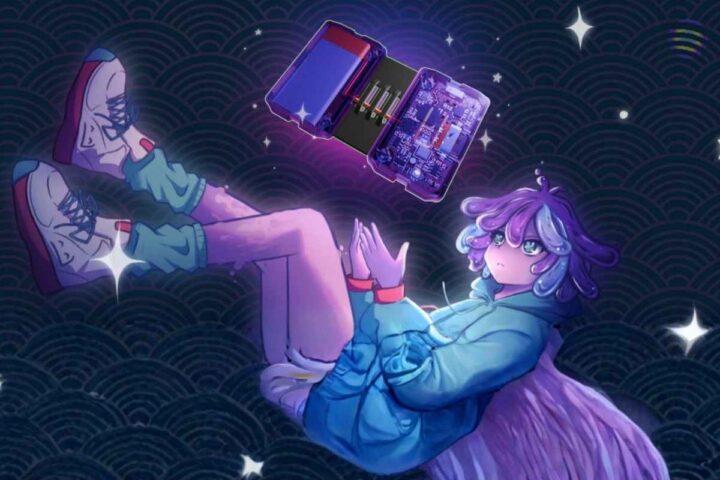Properly modding your games to enhance the fun and longevity of your latest adventure can be an extremely fulfilling, albeit a daunting task. There is surely a great joy and satisfaction to be had in crafting a deeply personal and curated experience for your journey through any virtual world. However, this process can upon an initial glance, seem to be extremely complicated and taxing, seeming that a high degree of technical knowledge and competence is mandatory to have any slim chance of putting it all together and getting it to work. You need software prerequisites like vcruntime140_1.dll, or some sort of proprietary interfaces and backend to be able to execute on your vision.
One good reality check to keep in mind is that While system requirements on the back of the box are a good place to start, it is better to understand at this point itself that after modding, the resource requirements of the game will increase, and as such, cause a heavier load on your system.
However, it is not as complicated as it seems, there are ways to make sure that your modding journey gets off on the right foot, by sharing some tips and tricks to make sure that you can start your journey as soon as possible, with the minimum amount of bugs, glitches, and any kind of compatibility issues with your system.
1.Installing Prerequisites
As with any kind of journey, proper preparation is the key to success. In the fashion of a properly maintained cricket pitch, or a well-tuned instrument, your computer must be equipped with all the dependencies and foundational software, and capabilities it requires to make sure that your game runs well with all the modifications you install. This can involve DLL files like vcruntime140_1.dll that will ensure compatibility with the latest software and hardware updates with modern versions of Microsoft Windows and any miscellaneous input devices that you may have like Xbox or Playstation Controllers.
.NET framework files are also a good thing to have, as several user interface elements such as menus, and proprietary launchers function on that framework.
2. Looking for Proprietary Resources
One good idea is to look for a “mod manager”. The best part is that several talented individuals work in the space, so often, there are proprietary tools available to make sure that you can modify your software in the easiest and most bug-free way possible. Sometimes surpassing the vision of the original developers that may be limited by the technology of their time.
A great example of this is the Skyrim Script Extender, which enables modders to have even more space for making changes to the core software elements at the core of the game and create deeper and richer experiences for all players.
3. Referring to experiences from other players
As much as we may wish that it may be otherwise, mods break. After you have modded your game significantly, you will hit a point where your game will start to stutter and fail. Only after trying and watching it fail will one be able to recognize what modifications can function well together, and which ones will instantly crash your game. For example, a player may state that a graphical mod broke the game for him, but adding vcruntime140_1.dll in his computer fixed the issue. Hence, forums and social media like Reddit are a great source to check up on the experiences of other players, which will give you a ready resource of cases where mods break and help you in tailoring a great and stable experience for you.















